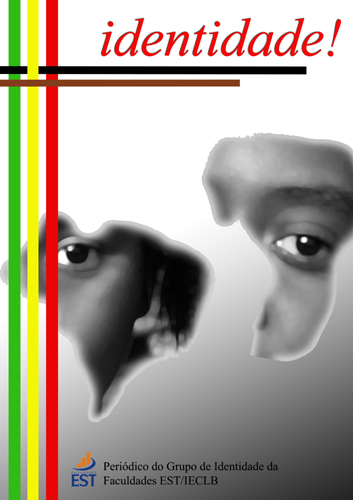EXPERIENCES AND CHALLENGES OF BUILDING AN INTERCULTURAL CURRICULUM
DOI:
https://doi.org/10.22351/id.v28i2.2884Keywords:
Interculturality, Indigenous School Education, Indigenous TeachersAbstract
The experiences and intercultural relationships experienced by native Brazilian peoples inserted in the pedagogical practices of Indigenous School Education (EEI) have strengthened the discussion about the intercultural curriculum as a tactic of resistance, affirmation and empowerment of indigenous protagonism, however, there are still many challenges faced in the construction and application of an indigenous intercultural curriculum in Brazil. This article aims to identify the challenges of construction/application of the intercultural curriculum in the school practices of indigenous teachers, as well as to identify the elements that characterize differentiated, specific and intercultural education in the didactic materials used by teachers in the schools of the Pataxó, Kiriri, Pankararé, Tumbalalá indigenous peoples in the state of Bahia, and the Truká, Pankararu and Kapinawá peoples, in Pernambuco. We seek to answer the following questions: a) What are the challenges experienced by teachers during the process of building an intercultural indigenous school curriculum? b) Do the teaching materials used in indigenous schools include content/experiences/experiences that guide a differentiated, specific and intercultural education? The results indicate that, although indigenous peoples are active in the process of building and applying this intercultural curriculum in their schools, it is necessary to implement public policies for its implementation.
Downloads
Published
How to Cite
Issue
Section
License

This work is licensed under a Creative Commons Attribution-NonCommercial-NoDerivatives 4.0 International License.


